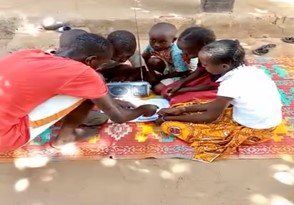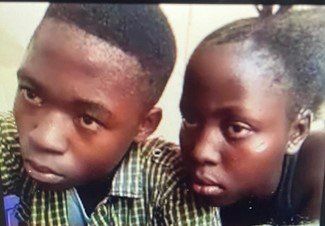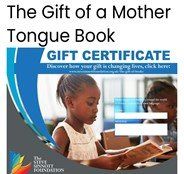International Literacy day 2021

By supporting learning in mother tongue languages as we are doing with our partner Alfa Literacy, in Limonade, Haiti. Alfa is a community organization that provides people with a second chance to obtain a quality, officially-recognized, and comprehensive education to people with low or no literacy skills, in particular women and their communities.
Or by providing books in local languages that are contextual; supporting students and educators to share and write their own stories.
On the digital front we have been hosting a programme “Myths and Stories” consisting of 4 weekly webinars which have allowed students from Haiti, Sierra Leone, The Gambia and the United Kingdom to share stories online for the first time together, creating connection and understanding of themselves and others.
Piloting digital classrooms in The Gambia and Sierra Leone. The digital classroom allows the provision of inclusive programming for students and this complements book lending through the learning resource centre libraries.
Supporting literacy learning is not only about reading and writing, there are many ways you can support access to learning. Below are just some of the ways you can support access to education for all children everywhere.






